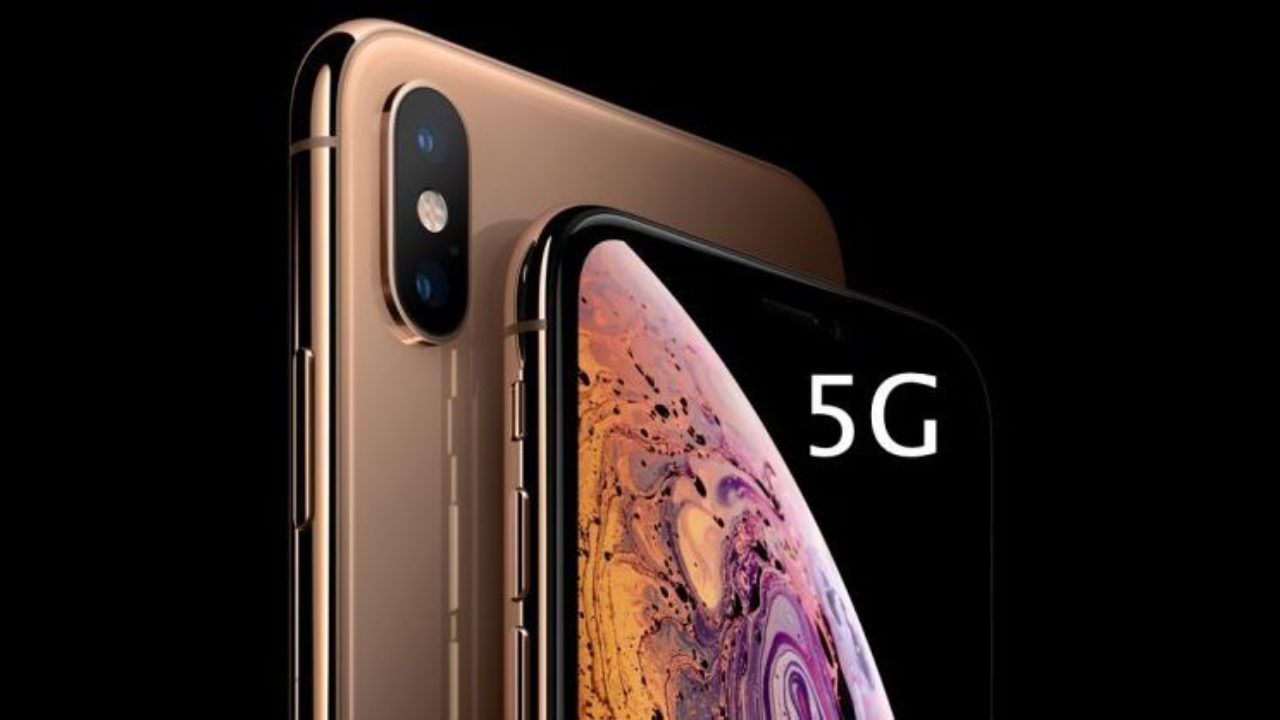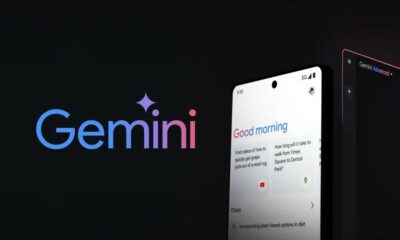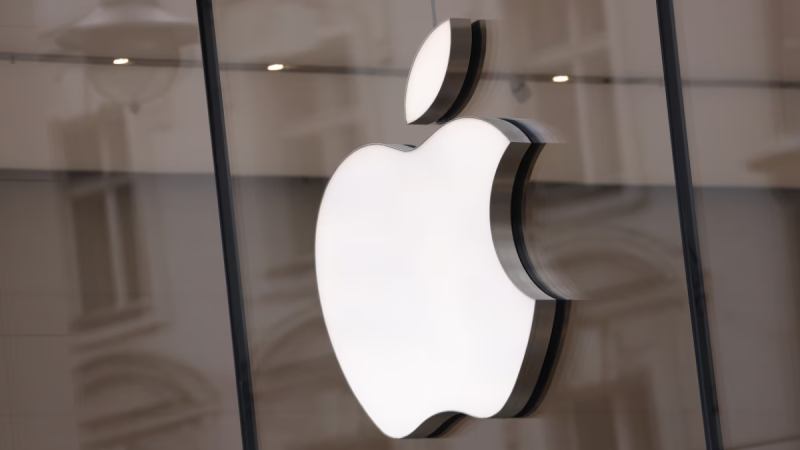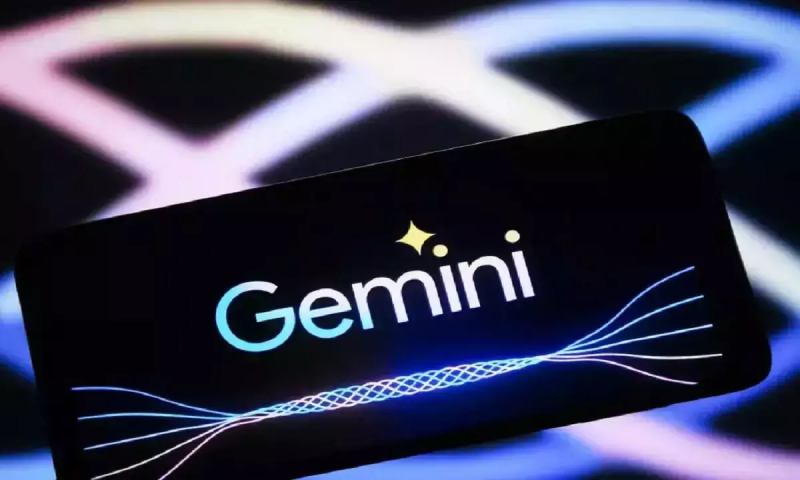Technology
Apple may debut to its own 5G smartphone modems by 2023

Technology
AI Features of the Google Pixel 8a Leaked before the Device’s Planned Release
Technology
Apple Unveils a new Artificial Intelligence Model Compatible with Laptops and Phones
Technology
Google Expands the Availability of AI Support with Gemini AI to Android 10 and 11
-

 Technology4 weeks ago
Technology4 weeks agoApple’s MacOS 15 Announcement may Include AI Features for Compatible Macs
-

 Technology4 weeks ago
Technology4 weeks agoAI Data Center Designs Developed in Partnership with NVIDIA by Schneider Electric
-

 Technology4 weeks ago
Technology4 weeks agoThales Introduces AI Platform Tailored for Defense Industry
-

 Technology4 weeks ago
Technology4 weeks agoMarketeam.ai Unveils Ella: A New AI Agent for Social Media Marketing
-

 Technology4 weeks ago
Technology4 weeks agoTheta Labs Unveils Theta EdgeCloud Alongside Additional AI Models
-

 Technology4 weeks ago
Technology4 weeks agoSamsung to Release Galaxy AI-Enabled One UI 6.1 Update for Galaxy S23 and Fold5
-

 Business2 weeks ago
Business2 weeks agoArtificial Intelligence’s Function in Changing Worker Engagement in the Digital Age
-

 Business3 weeks ago
Business3 weeks agoRico Suarez’s Journey: From Gig Worker to CEO Transforming the Moving Industry with Muvr












